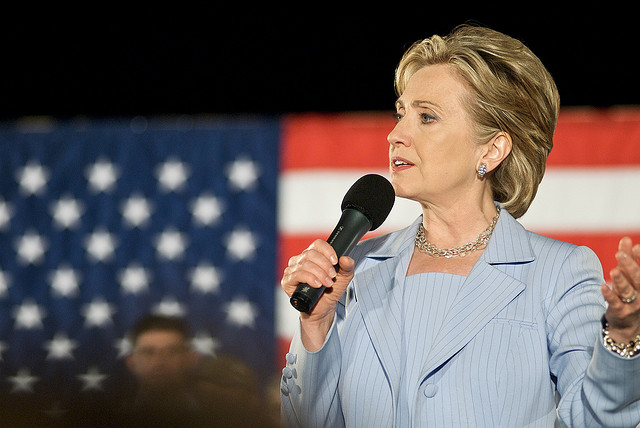From a volatile US stock market to anxieties about Greece exiting the Euro and an upcoming Australian budget that is getting increasingly hard to frame, the future of the global economy in 2015 is anything but certain.
The only thing that is certain in the global economy is that there will be more uncertainty as this year unfolds.
The last couple of weeks have seen a particularly volatile US stock market. The hope had been that the US Federal Reserve would give a clear indication as to when it would start to raise interest rates, especially with Federal Reserve Chief Yellen testifying before the US Congress.
The market expectation going into this period had been that the tightening would begin in June. It now seems more likely in September, at the earliest. To compound the market uncertainty, recent US economic data has been mixed, leaving some doubts about the strength of the recovery.
The US is also about to embark on the lengthy circus that will become the next Presidential election in November of next year. Will or won’t Hillary Clinton stand? If not, who will be the Democratic candidate? Given their control of both Houses, and many States, is the US about to see a Republican revival to surpass even the halcyon days of Reagan? All this will ensure considerable, and probably mounting, uncertainty.

Hillary Clinton – will she or won’t she stand? Photo by Keith Kissel on Flickr: https://www.flickr.com/photos/kakissel/2464038263
In Europe, the Greek standoff still dominates, and poses a very real threat to the future of the Euro, if not the EU itself. Ironically, apart from the far-left of the new Greek Government, no one really wants Greece to exit, and its not clear just how that could happen anyway as there are no agreed exit procedures.
It is also difficult to predict what would happen if Greece did exit the Euro. It would certainly mean a very substantial devaluation of the new Drachma, and probably a debt default, that would cost European governments and banks dearly, at least 2-3 per cent of GDP.
It would probably also flow on in some sense determining the fate of the other peripheral Europeans – Italy, Spain, Portugal and Ireland.
All this, while Europe is still fighting to avoid a triple-dip recession and deflation, with the European Central Bank desperate to flood the place with liquidity in the hope of stimulating real activity and boosting inflation.
The situation in Japan is also still very uncertain as we wait to see whether their flood of liquidity works as well, while China seems to be slowing faster than hoped.
Enter the Australian Abbott Government having to frame a new Budget, against the consequences of this global uncertainty, and from the wreckage of the last one. They are trying to do this having burned most of their political capital, with an Opposition offering only “Nope”, and having whatever they say or do interpreted through the prism of leadership, by both the media and the electorate.
The strains are already evident with different ministers offering conflicting messages that stretch from more austerity, to significant new spending via a “family package” and further infrastructure, with some particular tax relief for small business. Under pressure from the likes of Minister for Foreign Affairs Julie Bishop, some spending areas, such as foreign aid, are already being quarantined from further cuts.
Also gone is the rhetoric of a “budget emergency”. Now, it’s merely the promise of a budget surplus “ASAP”. Apparently it is now also okay to contemplate living with a higher ratio of debt/GDP, not as bad a Greece (175 per cent), but perhaps the OECD average (about 75 per cent).
A boring Budget? Maybe, but more likely a populist Budget carefully picking off key vested interests, against an Opposition wallowing in a policy vacuum, in the hope of a sustained bounce in the polls. Perhaps even opening the possibility of an early election? Insanity, you say!
What more uncertainty could we wish for? The downside would be a further hit on business and consumer confidence, as our growth rate falls below 2 per cent.
This piece was also published in the Southern Highland News.





